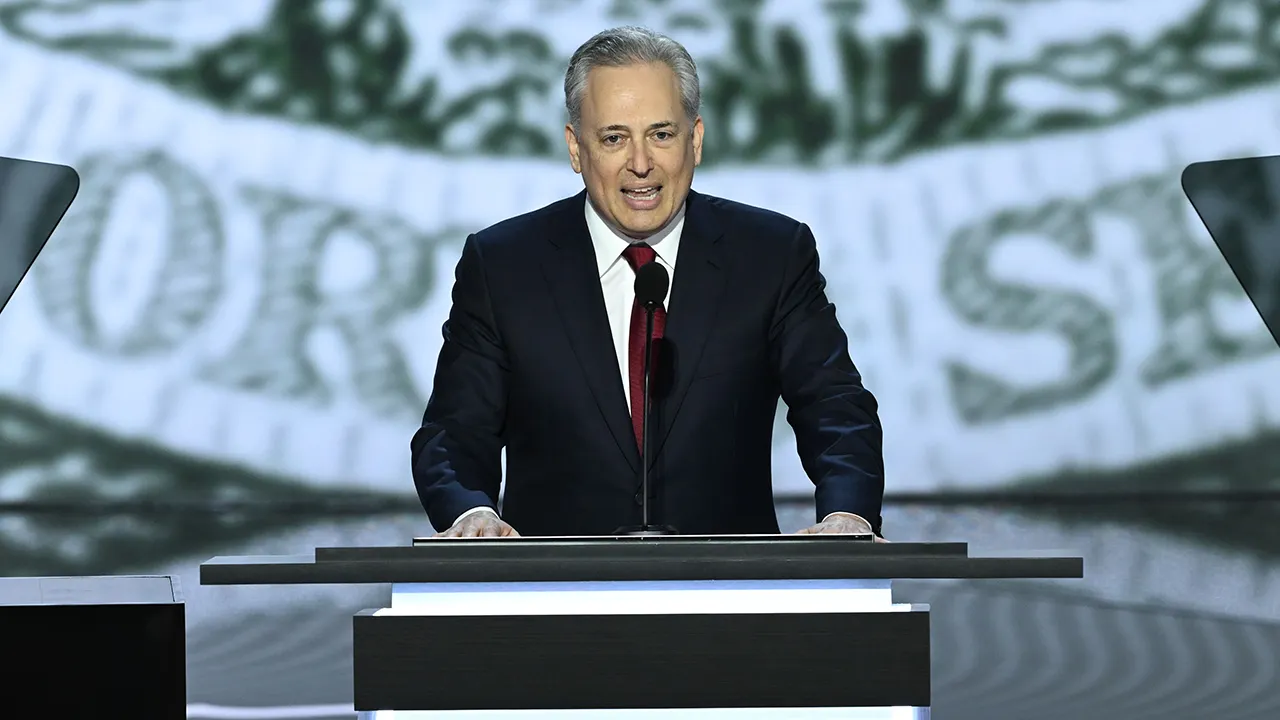
White House Artificial Intelligence Szar, David Sacks, said China is just “months” of reaching the United States in AI, while ensuring that the country will continue ahead in the race for development of this technology. According to Reuters report, Sacks made the observation on Tuesday during AWS Summit in Washington.
“China is not years and years behind us in IA. Perhaps it is three to six months old,” said Sacks, who holds the position for the first time. He then added, “It’s a very fierce dispute.” The White House clarified that the comment referred to models of developed Ia in China, not chips, which, according to US officials, is delayed by one to two years compared to those produced in the United States.
Sacks also warned of Huawei’s chip acquisition strategy, the target of American sanctions. “If Huawei’s AI chips are everywhere in five years, that means we lost … We can’t let it happen,” he said, according to Reuters.
Sacks’ statement has exposed contradiction in the American position: on the one hand, there is efforts to contain the advance of AI in China through restrictions; On the other hand, the United States maintains the narrative that they still have undisputed position in the sector.
Ma Jihua, telecommunications analyst, told Global Times that “the US exaggerates the development of AI in China to feed its ‘Chinese threat’ narrative, justifying new repressions to China’s AI sector to maintain its own leadership. On the other hand, the US remains unquestionable AI leadership to reinforce its credibility and global rule.”
MA pointed out that American authorities alternate narratives in public speeches, resulting in confusion. “Often they change from one point of view to another abruptly,” he said.
In the private sector, American companies leaders also commented on Chinese advancement. Jensen Huang, CEO of Nvidia, said in May that the US -adopted AI chip export controls were “a failure,” according to a CNBC report published May 29. Huang stated that American politics assumed that China could not manufacture AI chips, a hypothesis he considered mistaken.
In an interview with the People’s Diary published on Tuesday, Ren Zhengfei, Huawei CEO, said: “The US exaggerated Huawei’s achievements-the company is not so powerful.” Ren explained that the company resorts to “mathematics to compensate for physics, approaches that are not based on Moore’s law to complement Moore’s law and group computing to compensate for the limitations of a single chip, which can also generate practical results.” Asked about blockages and sanctions, he said, “I didn’t think about it; thinking is useless. Don’t stop the difficulties, just act and move on step by step.”
In early May, the US Department of Trade Industry and Security Office issued guidance on risks associated with the use of Integrated Chinese Computing Circuits, including Huawei Ascend chips.
Lin Jian, a spokesman for China’s Foreign Ministry, said the US “extrapolated the concept of national security and abused export control and long-range jurisdiction to block and maliciously suppressing chip chip products and industries for no reason.
China is firmly opposed to this and will never accept. ”Lin added that Chinese authorities will take steps to defend their right to development and the interests of local companies.
Tian Feng, president of Fast Think Institute and former dean of the Sensetime Research Institute, told Global Times that, despite “moving on AI models, there is still work to be done on chips”. He said he was confident that China could compete on an equal footing with the US in the semiconductor market.
In parallel, diplomatic sources report that new trading rounds between US and China are expected to take place in the coming weeks amid appeals by US authorities for export control policies. Analysts closely follow the unfolding of discussions to evaluate impacts on global technology supply chains.
The IA leadership debate also involves aspects of national security, commercial interests and strategic competition. Authorities in both countries maintain bilateral meetings to address the rules of responsible use of technology, as well as agreements to avoid risk of proliferation of AI -powered weapons system. The negotiations continue to establish clear limits and prevent tension climbing in the sector.
The sector’s trajectory in the coming months will be marked by performance evaluation of AI models, chip development and evolution of commercial restriction policies. For experts, the dispute can be reflected in new investments in research, changes in export flows and adaptation of companies to alternative market scenarios.
Source: https://www.ocafezinho.com/2025/06/12/eua-admitem-que-china-esta-a-meses-de-distancia-em-ia-e-anunciam-acoes-para-manter-lideranca/

